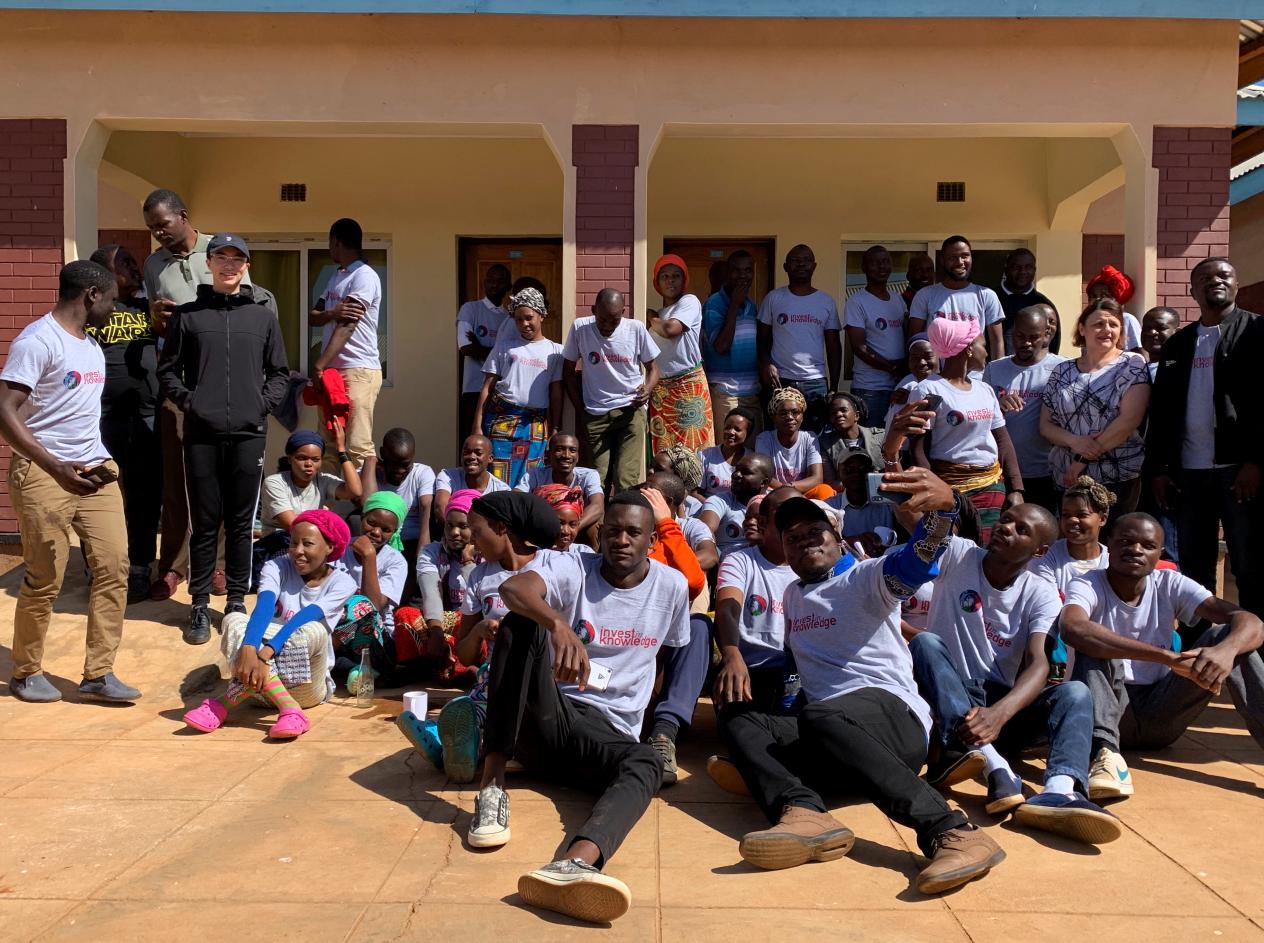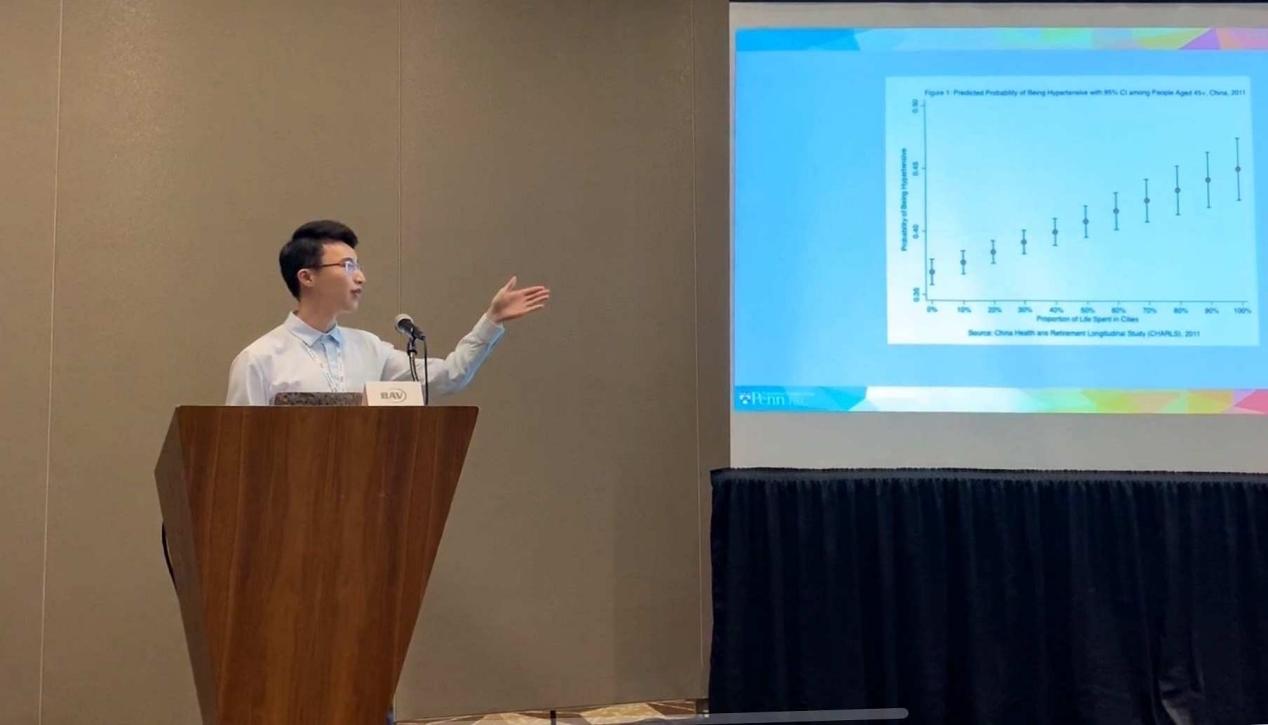Reporter: Riley Hayes
While some researchers pursue diverse goals over a decade, others focus on a singular, impactful mission. Dr. Weilong Li chose the latter path. In 2017, while pursuing a joint PhD in Demography and Sociology at the University of Pennsylvania, he embarked on a research journey centered on population health challenges related to urbanization. His work examines migration patterns, the complexities of aging populations, and the influence of urban planning on health and social development.
Though challenging to predict a timeline for such an ambitious project, Dr. Li has, over the past seven years, steadily built a comprehensive “Global Framework in Medical Sociology”, establishing himself as a respected voice in the field.
“Despite immense challenges, I made my way into the impoverished villages of Malawi.”
A core practice in sociology is “Participatory Observation”, a method that involves gaining an insider’s perspective by fully immersing oneself in the studied environment. In 2017, Dr. Li joined the Malawi Longitudinal Study of Families and Health (MLSFH) as part of his doctoral research. By 2019, he was conducting fieldwork in Malawi, where he spent two months collaborating closely with local researchers, visiting villages and healthcare facilities, and observing daily life firsthand.
Few people truly experience Africa beyond familiar images of deserts, wildlife, and poverty. “Before going to Malawi, my impression of Africa was based mostly on books and media coverage,” Dr. Li recalls. His fieldwork, however, revealed the profound health challenges many Africans face: widespread infectious diseases, limited healthcare infrastructure, and under-resourced health systems. As a social demographer, Dr. Li's mission is to contribute to global health, beginning with a deep, contextual understanding of these issues.
Through extensive surveys, Dr. Li and his team gained critical insights into Malawi’s disease burden, healthcare system, and the landscape of medical aid. Over two months, they collected thousands of longitudinal survey responses that captured residents’ social, economic, and health conditions. This comprehensive dataset laid the groundwork for rigorous scientific analysis.
In April 2022, Dr. Li presented his findings at the Annual Meeting of the Population Association of America (PAA). His presentation, titled "Internal Migration and Non-Communicable Disease Risk Factors (NCDs) in Sub-Saharan Africa: A Longitudinal Analysis in Malawi," provided significant insights into addressing population health challenges in low- and middle-income countries (LMICs) and opened new pathways for research in medical sociology.

Dr. Weilong Li (fourth from left) with local staff in Malawi.
"Publishing papers is a means to advance research, not the end goal."
Dr. Li has dedicated years to studying population and health trends, often using cross-national comparisons to identify commonalities and differences in health challenges across demographic transition stages. His work examines how social environments and health policies shape population health over time.
In addition to his work in Malawi, Dr. Li has investigated health issues among older rural-to-urban migrants in China. As a major developing nation, China’s experiences with aging amid urbanization provide valuable insights for other countries. Using statistical models and mediation analysis, Dr. Li found that rural-to-urban migrants face significantly higher risks of non-communicable diseases than rural residents, with similar risk levels to urban dwellers. His findings suggest that prolonged exposure to urban life increases hypertension rates among these migrants, while lifestyle factors like smoking, alcohol, and exercise only partially explain health disparities.
In 2021, Dr. Li published this research in Population Research and Policy Review under the title "How Urban Life Exposure Shapes Risk Factors of Non-Communicable Diseases (NCDs): An Analysis of Older Rural-to-Urban Migrants in China." The study provides a robust foundation for health policy in developing countries and sheds light on how global migration affects health. The publication received significant academic recognition.
Dr. Li views publishing as just one part of a larger mission: sparking ideas that help policymakers address real-world challenges. Each achievement marks a step forward in his journey. This grounded perspective has earned him a reputation as one of the most dedicated social demographers. Driven by a commitment to make a lasting impact, Dr. Li remains focused on continually advancing new research projects.
“Good social demography research stems from social responsibility.”
Dr. Li’s achievements go beyond academia, reflecting his deep commitment to social responsibility. He regularly presents at leading Population Health conferences, including the Population Association of America Annual Meeting, the Association for Asian Studies Annual Conference, and the American Society of Hematology Annual Meeting. His keynote speeches address critical issues such as aging, health, migration, and urbanization, providing colleagues with timely and relevant insights.

Dr. Weilong Li during a keynote.
Dr. Li is also committed to translating academic work into practical applications. He combines theoretical foundations with digital technology to enhance health data analysis and management. Notably, he developed the “Intelligent Analysis System for Resident Health Data Based on Hybrid Expert Systems”, a machine learning framework that integrates expert systems to process complex health data. This innovation reduces computational costs while improving analysis efficiency and accuracy, offering crucial technical support for applying advanced medical sociology theories.
Currently, Dr. Li is developing his “Global Framework in Medical Sociology”, which encompasses population health surveys and migration-linked health trends. His research spans underdeveloped areas like Malawi and other developing nations in East and Southeast Asia, examining the impact of aging on economic development and social change and tackling major global health issues.
Looking ahead, Dr. Li states, “No country should face global challenges and crises alone. Social demographers worldwide must unite to reflect on our shared future and take responsibility for our planet and its people. Only by doing so can we create inclusive, resilient, and sustainable global health policies.”
© OfficialAffairs